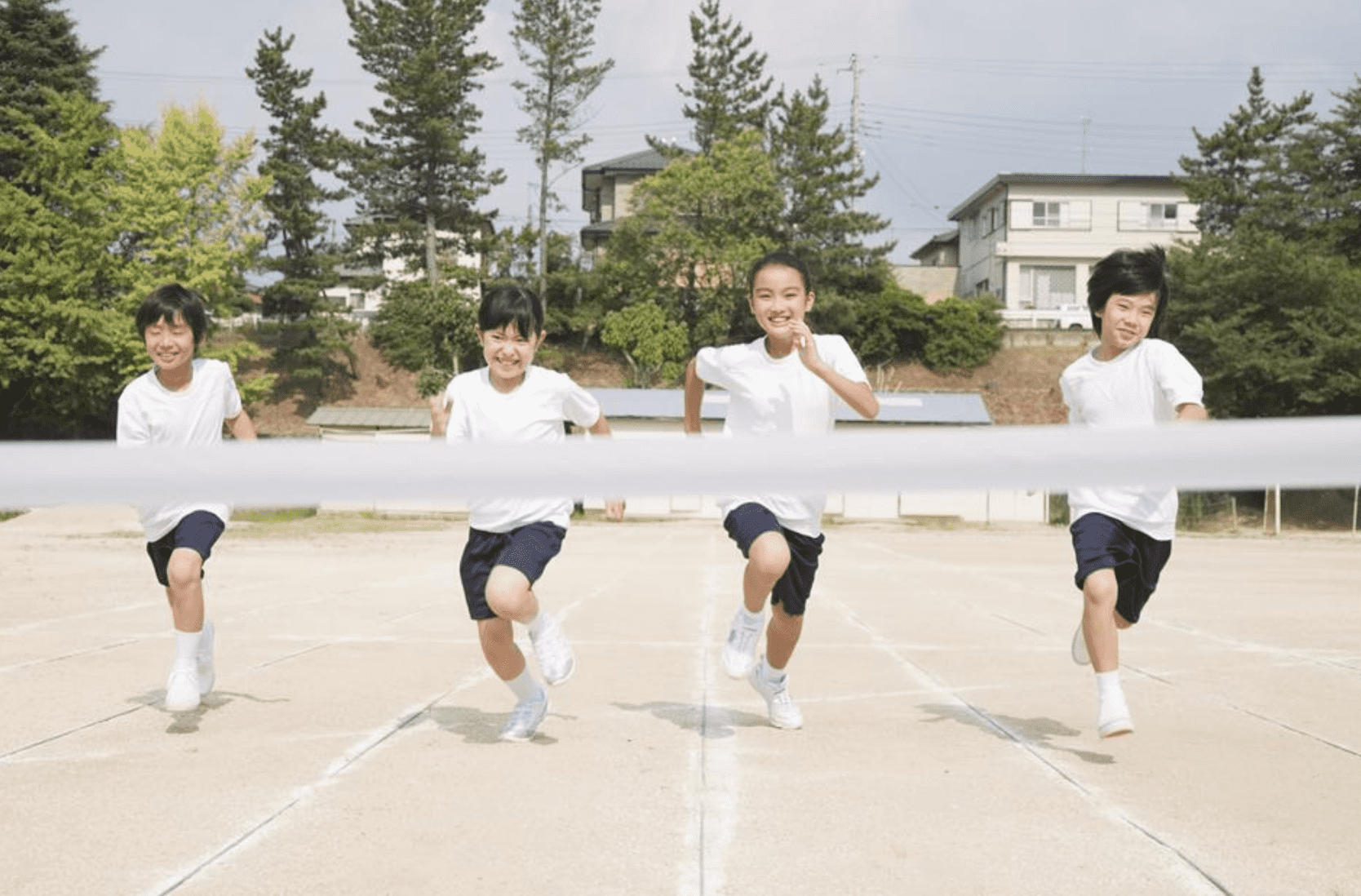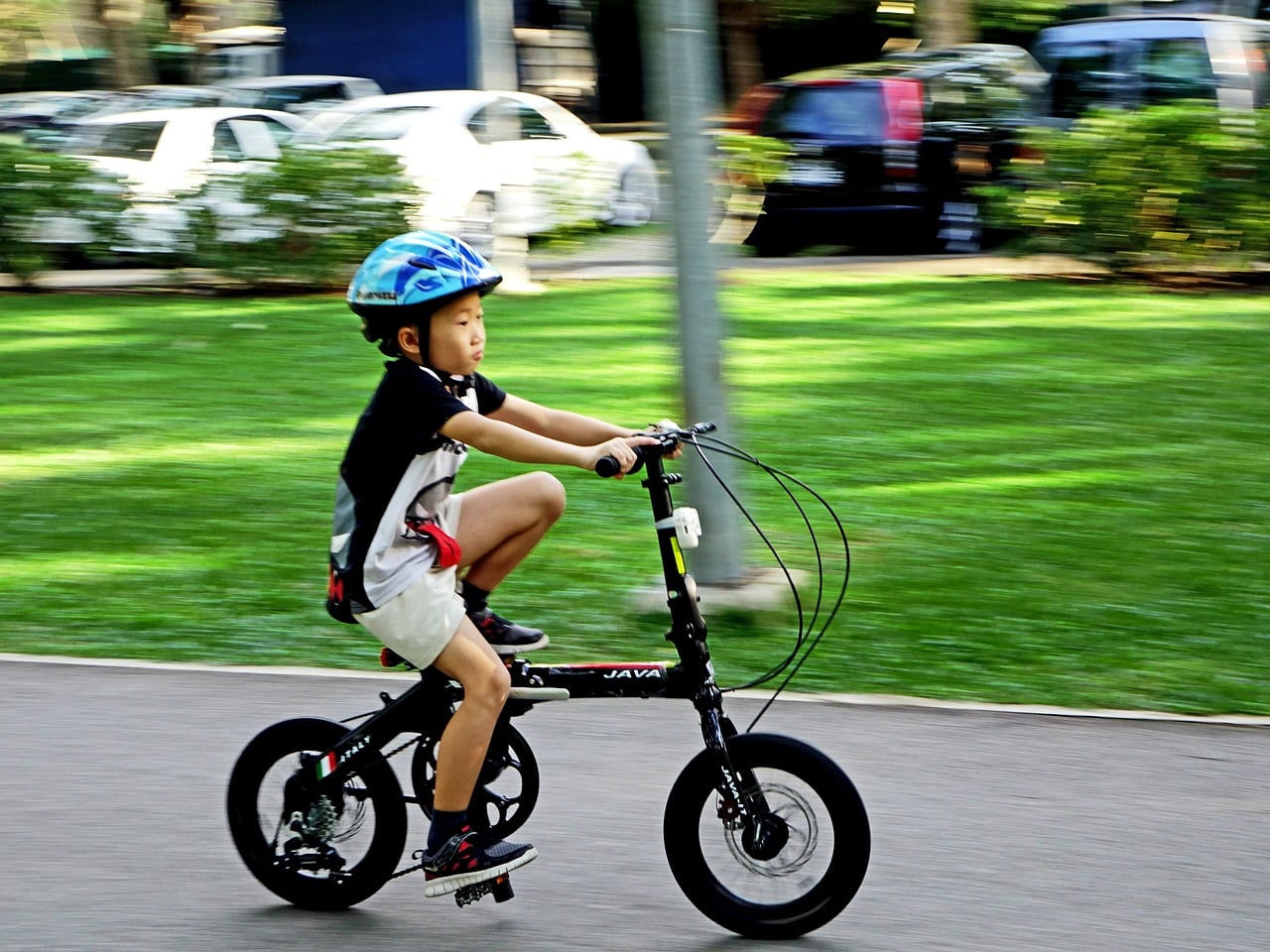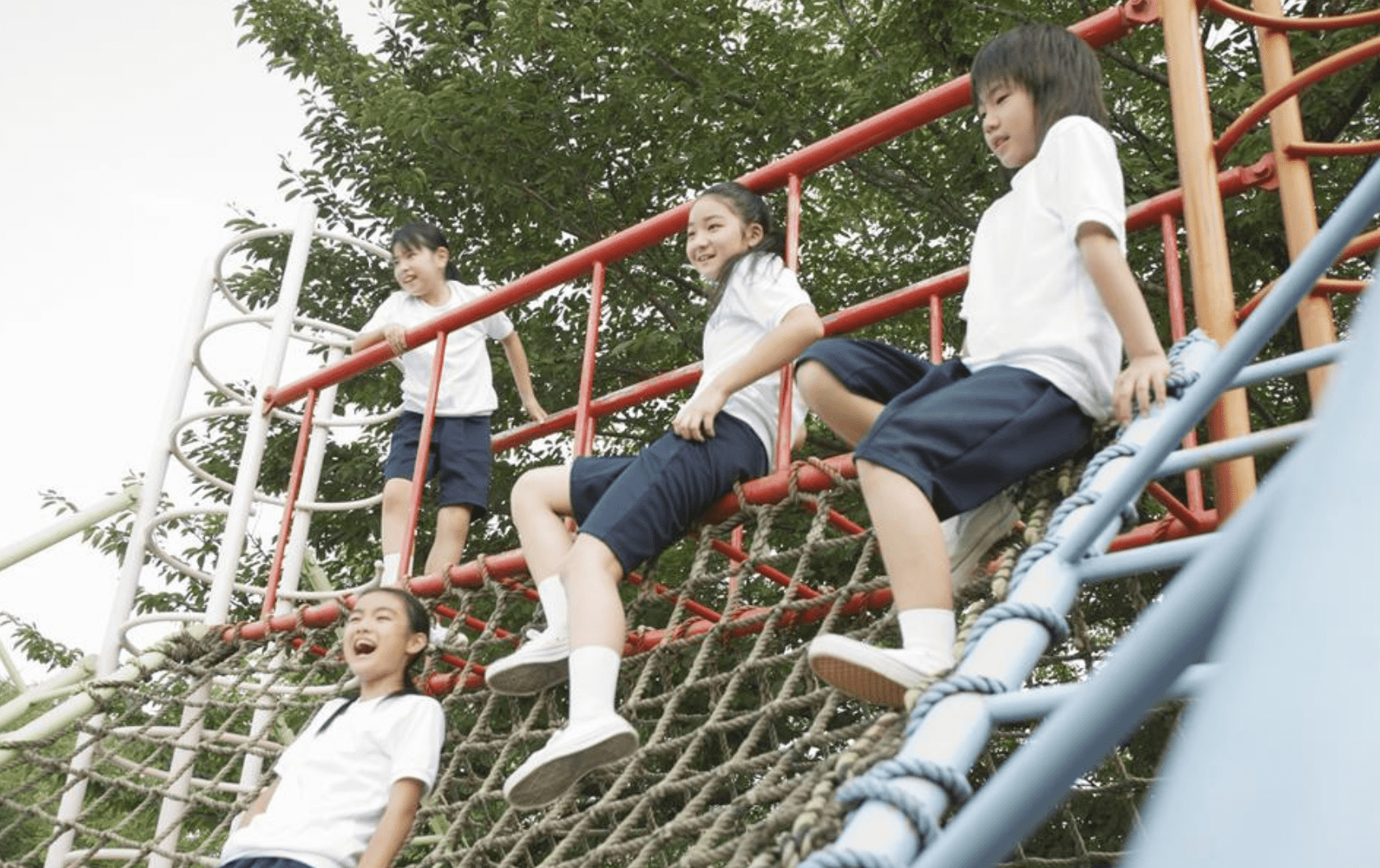
Oftentimes the notable improvements in kids’ participation in physical education and sports include a reduced risk of obesity and improved fitness. Though not often mentioned, research has increasingly shown academic benefits for children who engage in regular physical activities. In addition, it is important to keep in mind that this benefit isn’t limited to youngsters participating in competitive, yet organized sports.
Why should youngsters take part in sporting activities?
Taking part in sports can be a fantastic way for kids to have short rest periods from studies and release the repressed energy. This also assists them in living happier and fuller lives. Why is this so? Since regular fitness activities and sports seem to offer physical benefits as well as psychological and social benefits to youngsters.
Steph Boll owner of Spikes&Heels finds that her readers with children often find them to be more focused and less lethargic when they incorporate some exercise into their school day.
With this in mind, should children take part in physical and sporting activities? Physical activities and sports, in general, play an important role in determining the kind of experience many kids will have in school.
Although there are positives for involving your child in structured sports programs, there might also be some negative drawbacks. What should I do then? Monitor and supervise kid’s sporting experience to guarantee that the benefits outweigh the drawbacks.
How can you make sure that your child is getting more from sports? Below is a look at some pointers to guide you through this.
Psychological Well-Being
A child’s involvement in sports at will gain crucial psychological benefits as well. In addition, children who play sports can have decreased anxiety and depression. Youngsters will also get boosts in their self-esteem level, which will improve their school performance and confidence.
• Self-confidence and self-esteem
Some studies indicate that participating in sports increases a child’s self-esteem and self-confidence. A high-five from team-mates, a pat on their back, or handshakes after a game actually boosts a kid’s confidence.
What does this mean for children? Encouragement and words of praise from parents, coaches, and other players increase their self-esteem level. Note that a youngster’s self-esteem shouldn’t be differentiated by loss or victory. To help youngsters to accept and work on their weaknesses, the use of constructive criticism is important.
• The Essence of the 3 “P’s”
According to an article published at Education.com, student-athletes learn about the 3 “P’s”. These Ps are said to go beyond the classroom: practice, patience, and persistence.
How do these help children? Team members are taught that practice is needed, even if they prefer taking time with friends. Youngsters learn that their performance will improve the harder they work. This also helps them realize that by not giving up, they will be more likely to reach their goals. Such life lessons help students even after their A-levels, assisting them to succeed in life.
Social Interaction
Children who participate in sports at school will often enjoy the increased social interaction. The group action that takes place with organized sports will help youngsters learn effective skills to help their bonding with both adults and peers.
Is this beneficial for children? The group activities that surround organized sports mostly play a key role within the school setting. When children feel integrated into the environment, their school performance could improve.
• Teamwork and Cooperation
Youngsters are taught that a team can only win when they have teamwork. In addition, they should play to make the most of each other’s strengths. Also, they learn how they can be less selfish as well as not letting the ego be their driving force.
How can these lessons help children? Cooperation is an essential trait in the present day. Therefore, learning you can do this early helps youngsters become better at the team playing in their professional life.
Since everyone works towards a common goal during team sports, children learn firsthand how performance affects the whole team. Again, student-athletes need to know their roles, whether it’s being the leader or playing a supporting role in the team.
• Social skills
Children playing sports are taught how to interact with people of different ages. This will include the younger and older players in the group, the coaches, sports authorities, etc. How does this benefit a child? A child will acquire a sense of belonging as well as get the chance to meet new people. These social skills and communication will assist children in future relationships and also in their careers.
Character Building
Studies by the Academy of Child and Adolescent Psychiatry of America, sports will offer your child with many-sided character-building experiences. Children are able to learn many valuable lessons on how to work together with others and also play fairly. Kids may also acquire strong self-discipline as they strive to learn and succeed at a sport.
How can a child use this skill? When children apply this self-discipline academically, they can improve their school performance. Sports involvement may improve critical-thinking as well as their problem-solving skills.
• Discipline and Finding their Passion
Each sport requires some physical, mental, and also tactical discipline. Obeying the coach, following rules, practicing restraint, etc. are kinds of discipline that kids learn through sports. Self-discipline helps people realize their goals and attain their full potential – a trait found in successful people. A few kids who do exceedingly well in a given sport and enjoy it decide to turn this talent into passion and even career. When gained early, such passion assists them to develop focus and also work towards reaching their dream.
• Stay On The Right Track
Participating in any sport will require some dedication and discipline. This also means having less free time. Is this good for kids? Because of this, children are not likely to pick up some negative habits like smoking. In addition, they will have more contact with positive role models who will assist them to broaden their horizons as well as make better decisions in life.

Physical Health and Strength
According to experts kids require daily physical activities for them to stay strong and healthy. By participating in sports, your youngster can become stronger, build healthy bones and muscles, increase endurance, and avoid obesity. Children who get tense or overwhelmed with academic issues can benefit from the physical activity that comes with sporting activities.
How can this benefit your child? Once they run off the negative feelings of tension and anxiety and tension, your child will feel more capable of concentrating in school. Such physical benefits oftentimes have a direct effect on emotional well-being, and this can better a child’s performance at school.
• Improved Concentration
Taking part in athletics is known to better the memory and cognitive functions of a child’s brain, helping them perform better in exams and academics. In addition, traits like perseverance and discipline also have an important role in improving academic performance.
Does this only apply to students pursuing sports? Since sports provide equal opportunity to each student, the academic benefits reach the entire student population. This will include those students who might traditionally be under-served.
• Healthy Growth, Improved Co-Ordination, And Balance
The physical strain caused by exercising helps ligaments, muscles, tendons, and bones become stronger and healthier. Also the bone density increases, thus lessening the risk of osteoporosis – this condition makes bones become porous and weak.
How can your child avoid this? Frequent exercising will, in general, make people more energetic and will reduce the probability of becoming tired all through the day.
Is this good for kids? Taking part in any sport will require some hand-eye as well as foot-eye coordination. While kids pick up a new sport, their balance and coordination will improve remarkably.
Take Away
Research has more and more shown academic benefits for youngsters who pursue regular physical activities. Why is sport good for your child? Taking part in sports is a fantastic way for kids to have short breaks from studies and release the pent-up energy. This also assists them in living happier and fuller lives (Believe it or not, even help them learn more during their tuition sessions!).
Exercise can help to manage exam stress. Here are some ways you can help your child to manage their stress in school:
How Can Singapore Parents Help Children Deal With The Stresses Caused By Poor PSLE Results
Stress in Singapore Education System: What Our Young Students Have to Say

